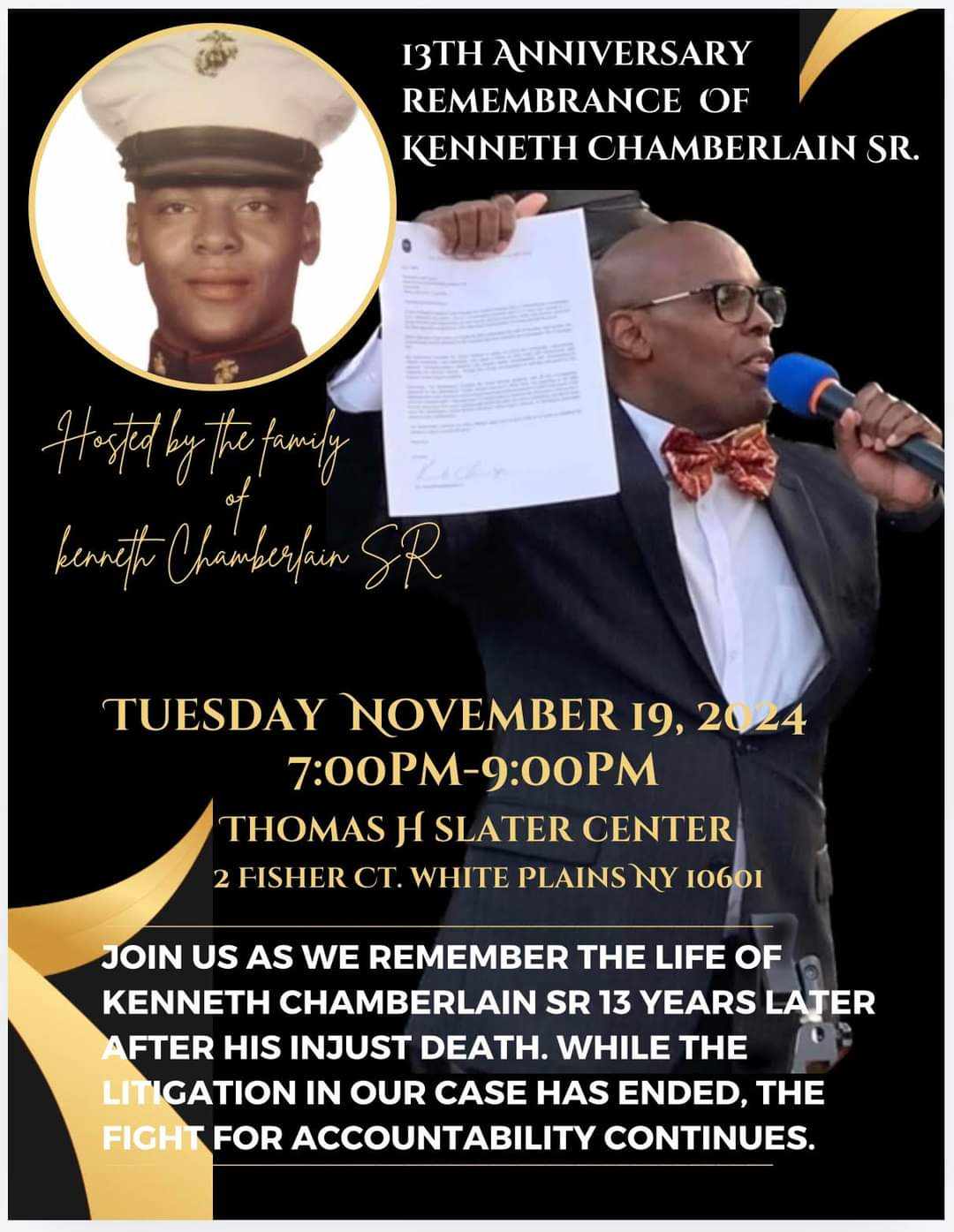From Biblical Patterns to Modern Politics: Finding Purpose in the Disorder of 2024
As America grapples with unprecedented social upheaval, such as the Black Lives Matter movement and the Capitol riot, political division over issues like immigration, abortion, and healthcare. In the face of increasing secularism, natural disasters like hurricanes and wildfires, and moral uncertainty, many wonder: What will we make of all this chaos? Looking through the lens of biblical history, we might find some illuminating parallels that offer perspective on our current national turbulence.
Throughout scripture, we see a recurring pattern of God using periods of chaos and disruption not to punish but to redirect and reform society. Consider the Great Flood—a response to a world that had become ‘corrupt and was filled with violence.’ Similarly, the Israelites’ exile in Babylon, the destruction of Jerusalem, and the persecution of early Christians were all periods of upheaval that ultimately led to spiritual renewal. Today, as our cities experience rising crime rates and the social fabric appears to fray, these ancient accounts resonate with peculiar relevance.
Nowhere is this chaos more evident than in our current political landscape. As Americans face the election between Vice President Kamala Harris, a Democrat known for her progressive policies, and former President Trump, a Republican who has been criticized for his handling of the COVID-19 pandemic and his stance on immigration, we find ourselves in an unprecedented moral quandary. One side faces criticism for its stance on the Palestinian conflict, raising questions about complicity in suffering. The other side carries allegations of threatening democratic institutions and fostering racial division. The traditional political wisdom of choosing ‘the lesser of two evils’ suddenly feels inadequate when viewed through a biblical lens. This moral quandary is not just about policy differences but about the character and integrity of our leaders and the values they represent.
As 1 Corinthians 14:33 reminds us, “For God is not the author of confusion, but of peace.” Yet here we stand, torn between choices that seem to conflict with divine principles. This brings to mind the Israelites’ demand for a king in 1 Samuel 8 – a choice God warned would bring consequences, yet allowed as part of His larger plan.
The story of Babel presents another striking parallel. In that account, humanity’s pride and technological ambition led to confusion and division. Today, as we navigate not just technological challenges but fundamental questions about leadership and morality, we find ourselves similarly divided – though now by ideology rather than language.
Even the account of Sodom and Gomorrah speaks to our time. While often oversimplified, these cities’ downfall came not just from moral decay but from their pride, excessive wealth, and failure to care for the poor and needy (Ezekiel 16:49). As we witness political leaders on both sides potentially compromising moral principles for power or ideology, this cautionary tale takes on new significance.
Perhaps our current political turbulence reflects the biblical principle that God sometimes allows chaos to expose what’s in our hearts. When faced with seemingly impossible choices, do we compromise our principles for political expediency? Do we accept “lesser evils” when God’s standard calls for righteousness?
The biblical pattern suggests that periods of upheaval often precede periods of reformation and revival. Our current political crisis concerns more than choosing between candidates and recognizing that our system needs divine intervention and renewal. As in biblical times, this chaos will likely drive us not to political solutions but to spiritual ones. These spiritual solutions conclude a renewed commitment to justice, compassion, and humility in our political discourse, reevaluating the values and principles guiding our political decisions and actively seeking divine guidance in our political choices.
The historic streets once walked by Jesus—where he taught us to love enemies and blessed peacemakers—now thunder with artillery and airstrikes, while America, a nation founded on Christian principles, funds the devastation of Christ’s ancestral homeland. This profound irony raises a haunting question: How can a country that claims Jesus as Lord so callously dismiss the killing of His people, the descendants of those who first carried His message to the world? The contradiction is staggering: we worship a Middle Eastern Jew on Sunday while funding the bombing of His homeland on Monday, print “In God We Trust” on our currency while investing $3.8 billion annually in military aid that devastates Palestinian Christians—direct descendants of the first followers of Christ. Like the Pharisees of old who claimed to honor God while persecuting His prophets, we’ve mastered the art of religious hypocrisy on a national scale.
Like the prophets who warned ancient Israel about misplaced trust in military alliances rather than God’s principles, today’s chaos in the Holy Land appears to be a divine correction at work—forcing American Christians to confront their complicity in suffering and their betrayal of Christ’s teachings. This divine disruption isn’t merely political; it’s prophetic, serving as God’s chaos theory in action. Throughout biblical history, when God’s people strayed far from His principles, He often used chaos to bring correction and revelation. Today’s turmoil serves as divine disruption, demanding America choose between the way of Christ and the way of empire, between genuinely following Jesus and merely using His name while betraying His people. Perhaps this chaos is God’s way of asking: When did we become so comfortable with crucifying Christ’s children in His homeland?
For Christians facing this electoral dilemma, scripture offers guidance: When human leaders present choices between different shades of evil, perhaps we’re being called to look higher. The biblical response to chaos was never to choose between evils but to seek God’s righteousness first.
As we navigate these troubled waters, we might recall that in biblical narratives, God often used chaos not to push people toward compromise but to drive them toward clarity. When Moses faced Pharaoh, Daniel faced Nebuchadnezzar, and Esther faced Haman, the solution wasn’t finding the lesser evil but standing firmly for God’s truth regardless of political consequences.
This perspective might lead us to ask different questions: How can we work toward genuine righteousness in our political system instead of choosing between problematic options? Rather than accepting the binary choices, how can we advocate for leadership that reflects godly principles?
The future of American democracy may depend not on choosing between imperfect options but on rediscovering the moral clarity that comes from seeking God’s standards above political expedience. In times of chaos, God often calls His people not to compromise but to conviction – not political pragmatism but moral faithfulness.
As we face this pivotal moment in American history, perhaps we’re being called through disruption to reformation – not just of our political system, but of our national soul. The answer may lie not in choosing between evils but in recommitting ourselves to the divine principles that transcend political divisions.
This divine disruption transcends political parties and election-year rhetoric. Whether you support Trump or Harris, the fundamental question isn’t about political allegiance—it’s about our collective moral conscience and relationship with God. As we witness the endless cycle of blame and shame between parties, we must acknowledge a harsh truth: there is no God in our politics, only the idol of power and control. The chaos we’re experiencing isn’t about choosing sides between Democrats or Republicans; it’s about recognizing that humanity itself hangs in the balance. When we reduce the suffering of Christ’s people to partisan talking points, we’ve lost our spiritual compass entirely. This moment of divine chaos calls us not to rally behind candidates but to return to God’s principles.
Whether you lean left or right, the blood of innocents cries out from the very ground where Jesus once walked. The question isn’t which party will save us—whether we’ll recognize God’s correction and return to His ways before it’s too late. Humanity’s fate doesn’t rest in the hands of politicians; it rests in our willingness to recognize divine truth amidst the chaos and choose God’s principles over political expediency. Whichever choice you make, pray and get your house in order.




